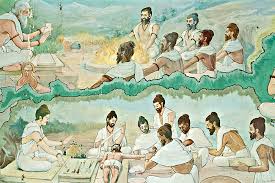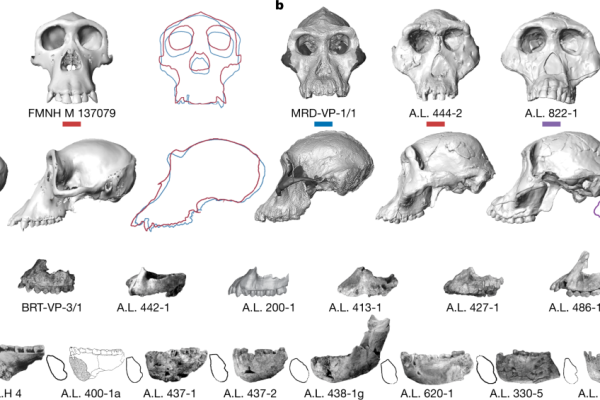The Kama Sutra of Vatsyayana, composed in the 3rd century CE, is a seminal work on human sexuality, love, and relationships, offering comprehensive guidance on the art of love. It transcends being a mere manual of sexual techniques, providing philosophical insights into achieving a balanced and fulfilling life by integrating the goals of dharma (duty), artha (prosperity), and kama (pleasure). Structured in seven parts, the text covers topics ranging from general observations on love and the techniques of sexual union, to courtship, marriage, the roles and duties of a wife, the intricacies of adultery, the lives of courtesans, and esoteric practices to enhance sexual attraction and vitality. Vatsyayana’s nuanced understanding emphasizes mutual consent, communication, and respect, reflecting the cultural norms and values of ancient India. The Kama Sutra’s legacy endures through centuries, influencing literature, art, and modern interpretations, and continues to offer timeless wisdom on the complexities of love and pleasure.

















